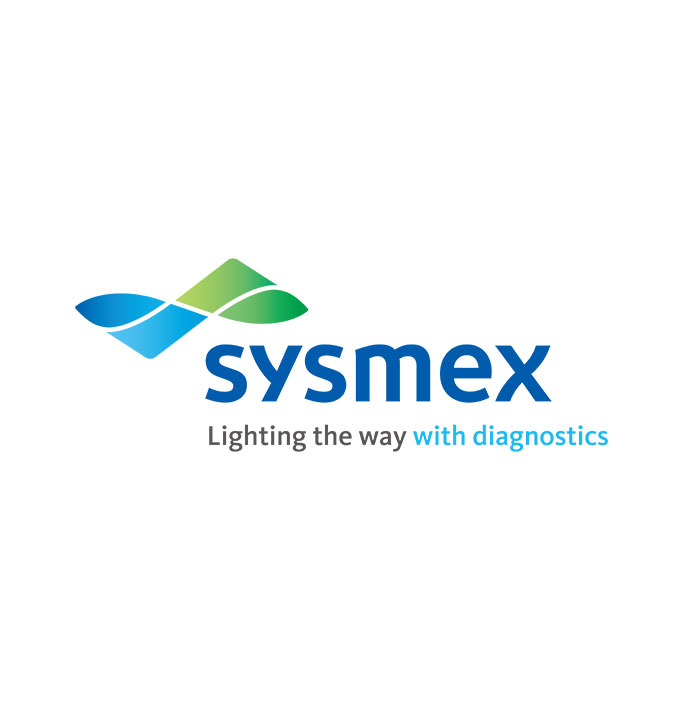Overview
Gene therapy, the technique of correcting or modifying genes to treat or prevent diseases, has made significant strides over the past few decades. One of the most promising and groundbreaking applications of gene therapy is Chimeric Antigen Receptor T-cell (CAR-T) therapy. CAR-T cell therapy has revolutionized the treatment of certain cancers, particularly hematologic malignancies, by harnessing the power of a patient’s own immune system to target and destroy cancer cells. Sysmex, a leader in healthcare technology, contributes to the advancement of CAR-T cell therapy through its state-of-the-art tools and technologies.
Understanding CAR-T Cell Therapy
CAR-T cell therapy involves the genetic modification of a patient’s T cells to express chimeric antigen receptors (CARs) that can specifically recognize and bind to antigens on the surface of cancer cells.
Sysmex Contributions to CAR-T Cell Therapy
Sysmex supports the advancement of CAR-T cell therapy through its innovative technologies and solutions:
Flow Cytometry and Cell Sorting:
Sysmex provides advanced flow cytometry and cell sorting systems that enable precise identification, isolation, and characterization of T cells. These tools are essential for selecting high-quality T cells for genetic modification and ensuring the purity of the final CAR-T cell product.
Automated Cell Culture Systems:
Sysmex offers automated cell culture systems that facilitate the expansion of CAR-T cells. These systems enhance reproducibility, reduce variability, and increase efficiency in CAR-T cell production.
Molecular and Genetic Analysis:
Sysmex provides comprehensive tools for molecular and genetic analysis, enabling researchers to assess the genetic stability and functionality of CAR-T cells. This ensures the safety and efficacy of CAR-T cell therapy.
Clinical Application Support:
Sysmex collaborates with clinical researchers and healthcare providers to translate CAR-T cell therapy from research to clinical practice. This includes developing protocols for T cell collection, genetic modification, and infusion, as well as providing regulatory and logistical support.
Future Directions in CAR-T Cell Therapy
Enhanced Safety:
Developing strategies to mitigate side effects, such as cytokine release syndrome (CRS) and neurotoxicity, is a key focus. This includes the use of safety switches that can deactivate CAR-T cells in case of severe adverse reactions.
Universal CAR-T Cells:
Research is ongoing to create allogeneic (off-the-shelf) CAR-T cells that can be used in multiple patients. These universal CAR-T cells would reduce the time and cost associated with autologous CAR-T cell production.
Combination Therapies:
Combining CAR-T cell therapy with other treatments, such as checkpoint inhibitors, targeted therapies, or oncolytic viruses, holds promise for enhancing its efficacy and overcoming resistance.
Targeting New Antigens:
Identifying and validating new target antigens, particularly for solid tumors, will expand the applicability of CAR-T cell therapy to a broader range of cancers.
CAR-T cell therapy represents a significant advancement in gene therapy, offering a powerful and personalized approach to cancer treatment. With its ability to target and eliminate cancer cells, CAR-T therapy has transformed the landscape of hematologic cancer treatment and holds promise for solid tumors. Sysmex’s advanced technologies and solutions play a crucial role in supporting the research, development, and clinical application of CAR-T cell therapy, contributing to its success and ongoing evolution. As the field continues to advance, CAR-T cell therapy promises to bring new hope and improved outcomes for cancer patients worldwide.

